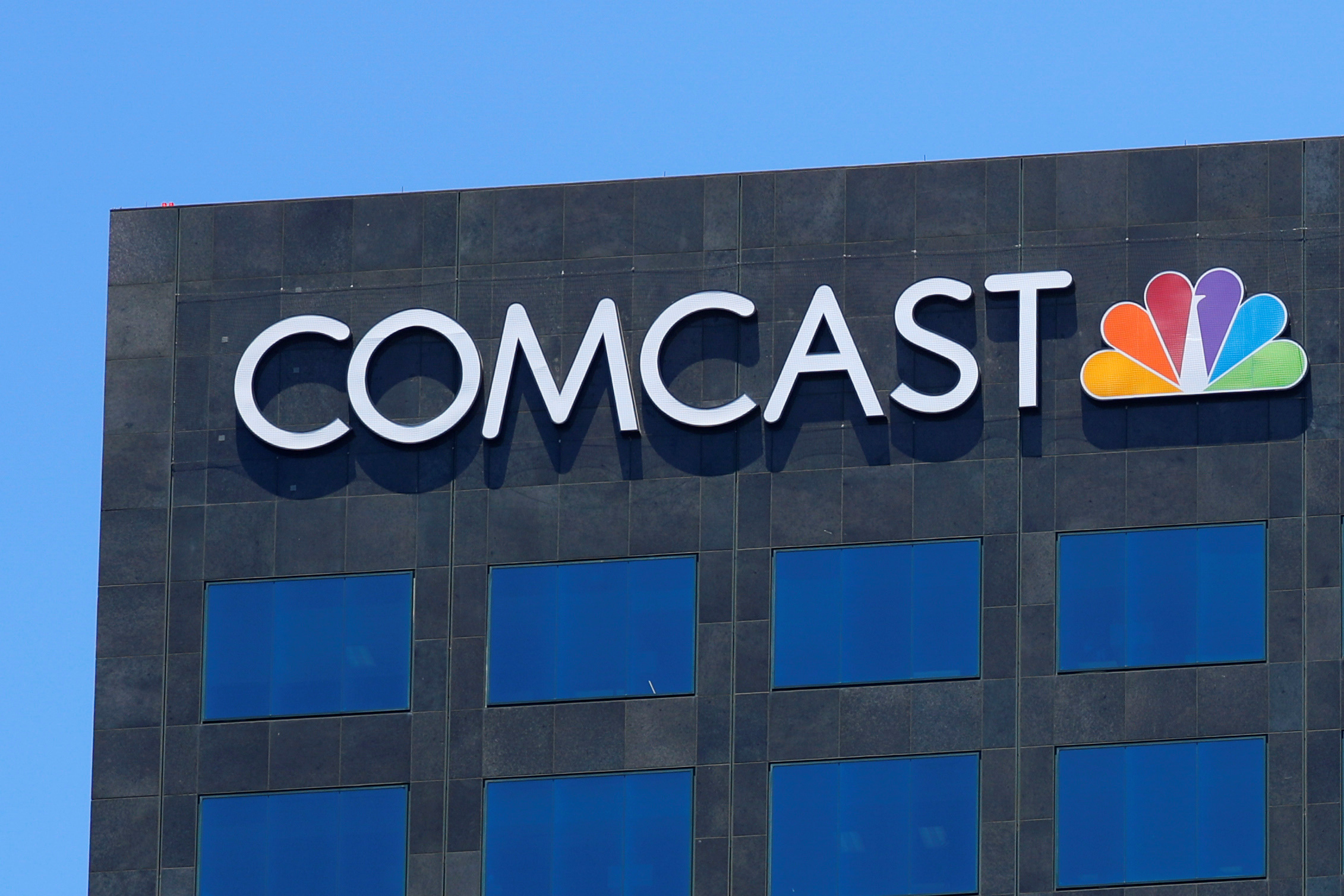New York — In a significant move that could reshape the media landscape, Comcast Corporation is preparing to spin off a substantial portion of its cable television networks, including prominent channels MSNBC and CNBC, into a distinct publicly traded company. Sources familiar with the matter revealed that the official announcement is expected to be made this Wednesday, marking a pivotal moment for one of the largest media conglomerates in the world.
The plan, initially reported by The Wall Street Journal on Tuesday evening, will also involve several other well-known cable channels under Comcast’s NBCUniversal umbrella. These include USA Network, Syfy, E!, Oxygen, and the Golf Channel. However, Comcast intends to retain ownership of key assets like the NBC broadcast network, the Peacock streaming platform, Bravo, NBC Sports, and the Universal theme parks.
This strategic reorganization will see the new cable channel company adopting a similar ownership structure to Comcast’s existing framework, yet operating as a standalone entity with independent leadership. Mark Lazarus, currently serving as the chairman of NBCUniversal Media Group, is set to take the reins as CEO of the new company.
The decision comes amidst a challenging period for traditional cable television, as the industry grapples with declining viewership and a shift towards digital and streaming platforms. While skeptics may view this move as an effort to offload depreciating cable assets, Comcast executives are positioning the spinoff as a bold growth initiative. The standalone entity is anticipated to have the flexibility to adapt to industry changes, potentially acquiring other channels or assets to bolster its portfolio in a consolidating media market.
Wall Street analysts have already speculated about the broader implications of the move, predicting further consolidation among major media companies in the coming years. Notably, this reorganization could also make the newly formed cable channel company an attractive acquisition target, setting the stage for future strategic partnerships or mergers.
Mike Cavanaugh, Comcast’s president, hinted at the spinoff during a recent investor call, signaling the company’s intention to explore the creation of “a new well-capitalized company” focused on its cable network portfolio. “Our goal,” he noted, “is to create value for our shareholders by unlocking the potential of these assets in a more agile structure.” This vision, which has long been a topic of discussion among industry analysts, appears to have moved from concept to execution in a matter of weeks.
For Comcast, the spinoff represents a delicate balancing act. MSNBC and CNBC, which are integral parts of the NBCUniversal News Group, have been highly profitable contributors to the company’s earnings. Their separation from the core NBC News operation could complicate efforts to streamline and integrate the organization’s news-gathering functions, a goal that NBCUniversal has pursued in recent years. Executives are expected to outline their plans to manage these challenges during Wednesday’s announcement.
Craig Moffett, an analyst at MoffettNathanson, highlighted the significance of the move in a conversation with Variety, stating, “Investors have long sought a clear and focused strategy for Comcast’s cable networks. This step not only aligns with their demands but also sets a precedent for how legacy media companies can evolve in the streaming era.”
While the media industry undergoes a rapid transformation, Comcast’s decision to separate its cable networks reflects a broader trend of media giants reevaluating their portfolios to remain competitive. By creating a new entity tailored to the needs of a changing market, Comcast positions itself at the forefront of this shift, paving the way for new opportunities in an increasingly fragmented media ecosystem.







